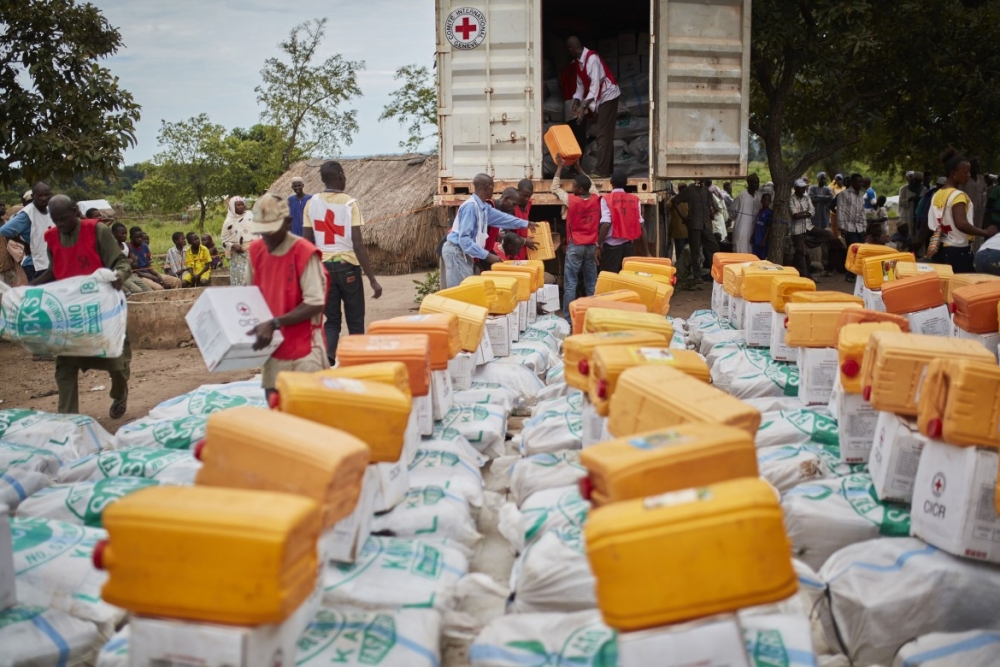Attacks on aid workers are increasing in CAR, reports OCHA

There has been an alarming rise in attacks on aid workers in the Central African Republic (CAR), according to the U.N. Office for the Coordination of Humanitarian Affairs (OCHA). The attackers are also obstructing lie-saving supplies to vulnerable people.
CAR is widely recognised as one of the most dangerous countries in the world for humanitarian workers, and the numbers of attacks in the country have increased dramatically since April this year.
Between April and June 2018 OCHA recorded 118 incidents affecting humanitarian workers, compared with 63 incidents between January and March 2018. These include murder, kidnapping and armed robbery.
Joseph Inganji, Country head of OCHA for Central African Republic commented:
"This is something that is really worrying - the rate at which we are recording incidents against humanitarians”
"Humanitarian actors have been forced to drastically reduce their activities, thereby adversely affecting the most vulnerable and needy people who rely on them for survival."
The most common incidents are armed robberies but it is often difficult to distinguish militia violence from criminality as they fights can act as individual bandits and bandits can pose as fighters.
The country has been experiencing militia violence since 2013 when rebel groups seized power from the former presidents, setting off a chain of attacks.
It is estimated that over half of the country’s 4.6 million population is in need of humanitarian assistance.
So far this year 5 aid workers have been killed in CAR, according to the Aid Worker Security Database.
OCHA have noted that the majority of attacks in recent months have been around the northern town of Kaga Bandoro where thousands of displaced people are yet to receive aid.
Humanitarian organisations have been forced to repeatedly suspend programmes in CAR because of security incidents such as vehicles being stolen and staff houses being broken into.
Jean-Francois Sangsue, Chief of Delegation, International Committee of the Red Cross (ICRC) commented on the situation:
“The question of finding a balance between staying involved and staying safe is one of the biggest challenges we face”
ICRC has reduced its activities because of attacks on staff in recent months, ICRC offers food, water and healthcare support to thousands of people in CAR.
Join us at the 10th Anniversary AIDF Summit in Washington D.C on 5-6 September 2018. The summit offers a panel discussion on ‘Managing Field Security – Protecting Aid Workers & Supplies’. Click here to view the full agenda.
If you’d like to stay informed on the latest updates in aid and development, please sign up for the AIDF newsletter.
Image credit: International Committee of the Red Cross











